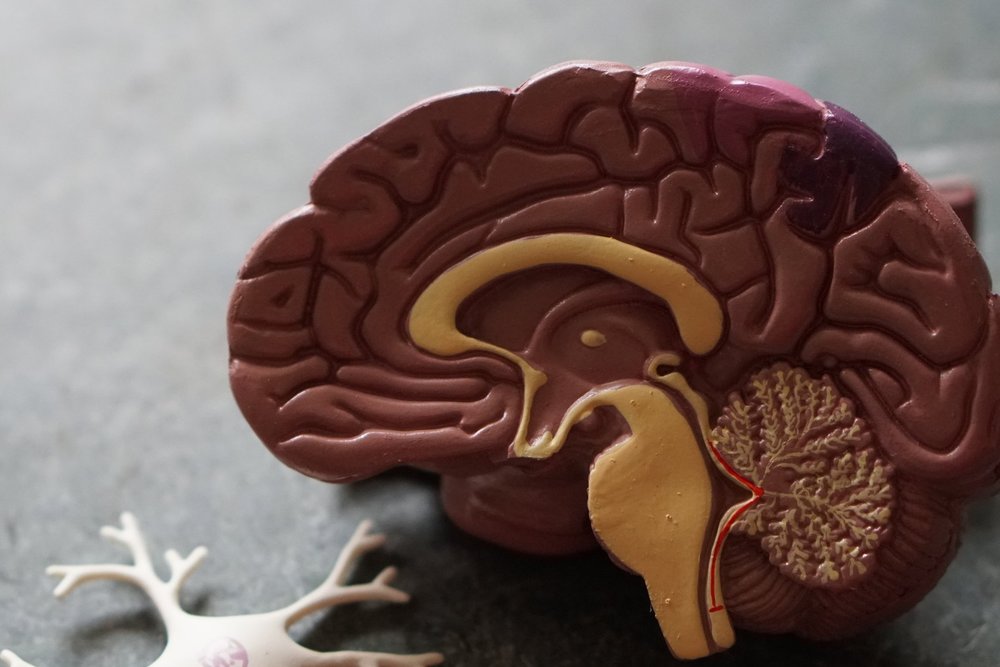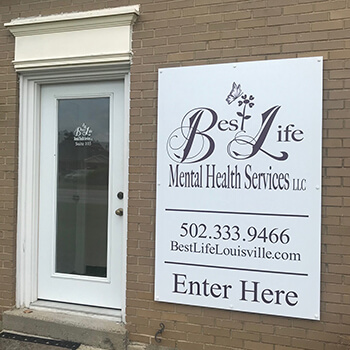I’m in conversation with many therapists around Louisville, and lately we have been getting more and more presentations of anxiety. These may appear differently— at times it is health or medical anxiety, panic attacks, sensory overload that leads to anxious feelings, spiraling and paralyzing thoughts, social anxiety, etc. While the expression and experience of the anxiety may be different, the cause is likely similar.
SO WHAT IS ANXIETY, REALLY?
Thanks to the mainstreaming of mental health in recent years, anxiety has become a term that many are familiar with and may use on a regular basis. And the truth of the matter is that we all experience some level of anxiety on a regular basis. If you are running behind to an appointment and you fear that it may get canceled or make you look bad for being late, you’re going to feel it. For most, transitions from a comfort zone into an unknown situation will cause some anxiety.

The DSM V (the therapy diagnostic tool) defines anxiety as “the emotional response to real or perceived threat.” Which means, anxiety is fear based.
When we experience fear, because our brains are so brilliant, they automatically do two things:
-
Diminish the more complex and higher order processing— stop thinking well
-
Increase the more primitive and instinctual processes— flight fight or freeze
Side note: When I learned this, I was very disappointed in my chances at surviving in an apocalypse because my fear response is absolutely to FREEZE womp
We don’t realize the unifying experience of anxiety all the time because the things that we become anxious about may differ so vastly. But, when it comes down to basic biology, we’re more alike than we think. Commonly we often experience anxiety as:
-
racing and distracting thoughts
-
worry about the same scenarios repeatedly
-
nausea or tiredness
-
irritability or nervousness
-
overwhelming feeling of panic (ie. “panic attacks”)
When this lasts temporarily, generally, we would not consider this cause for coming to therapy. When you notice that this feeling and these behavior last for most days within a six month period or longer OR you notice that the feelings are pervasive and prevent you from enjoying your life in a way that feels true to your normal… You may want to consider intervening in some way.
So, now that we understand anxiety…
ANXIETY IN THE AIR
All of this build-up is to get to this one, very simple point:
Our world is stressful right now, and we need to strategically check-out.

It doesn’t matter what your political views are, your religious/spiritual leanings, your family dynamics, your friendships or how much money you have; the truth is that in our society we are inundated with negative and scary messages. We are told about local issues, including constant violence, tragedy and areas of lack. We are told about our country and others, including natural disasters, suffering, injustice, destructive competition and war. Even our common “zone-out” method is slammed with the same: scrolling down your timeline or newsfeed on any social media will show people who are grieving, struggling and arguing.
OKAY, MAKES SENSE, HOW DO I FIX IT?
For the sake of your mental health, it is important to say, ENOUGH. Not forever, not reactively (necessarily), but strategically. Here are a few tips.
-
Schedule some down time
Think about times of the week or month that you tend to be most stressed. In many jobs, there is a particular time of every month where things tend to become more crazy due to deadlines or closing periods. For many women who I treat, they have noticed that the few days prior to their monthly cycle tends to be a more emotional and anxiety-ridden time period. For others, they might notice that days where they aren’t doing other scheduled self-care (such as working out) that they have a harder time.
Whatever this may look like for you, think about when might be a good time to unplug from the 24/7 news cycle and to remove yourself from social media. In your down time, be sure to actively and intentionally engage in other forms of self-care. For more tips— check out my blog on self-care (coming soon!).
-
Become aware of what you’re carrying with you.
Are you really that upset that someone cut you off in traffic? Did that one act really “ruin your day”? Or is there more to it? Were you carrying some anxiety or nervousness with you prior to that event that you weren’t really taking the time out to sort through? If so, that’s normal. Part of working through anxiety is becoming more aware of what it is that is contributing to the symptoms and behaviors that force us to be aware of them.
-
Practice grounding regularly.
When we become empathetic and engulfed by issues that are external to us, we can forget to remember that we are not currently solely or wholly responsible. We begin to go deeper and deeper into an issue and click on more and more stories, watch more related material, engage in discussion around it… We can lose our grip on the here and now.
Grounding means being able to regain consciousness and awareness of our present moment and giving all of our attention to that. A great activity for grounding is the 54321 method. With this, you become pull yourself away from the what if’s and the other things that are competing for your attention and instead learn to simply be in the moment— it sounds too easy to be effective, but give it a try!
No matter what you do, don’t give up on trying something to ward off the effects of the anxiety that is in the air!



